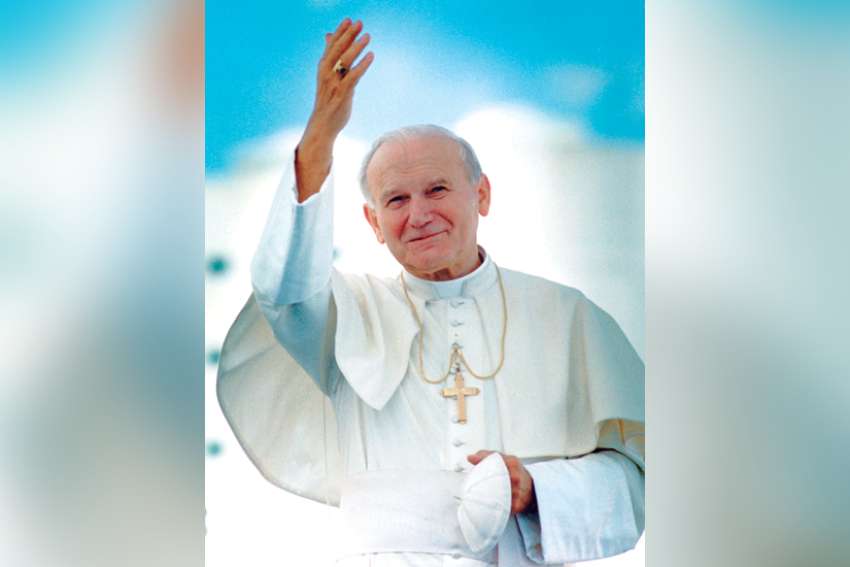Unfortunately, once the octave is complete, ecumenism goes into the closet until, in the following year, we again have a time of shared prayer.
This is a vast improvement from the time prior to the Second Vatican Council when Catholic involvement with Orthodox, Anglicans and Protestants consisted mainly in deploring their supposed heresies with little attempt to understand why others believe what they do.
Still, Pope John Paul II asked much more of us. In his 1995 encyclical That All May Be One (Ut Unum Sint), he declared, “The movement promoting Christian unity is not just some sort of appendix which is added to the Church’s traditional activity. Rather, ecumenism is an organic part of her life and work, and consequently must pervade all that she is and does.”
That is a tall order. It implies the development of a wide range of inter-church worship and pastoral activities, not only at the national and diocesan levels, but even among local congregations. What an enrichment all levels of the Church would find through such joint activity!
Pope John Paul’s plea would seem to even imply the involvement of other churches in Catholic liturgies. Vatican II called the liturgy “the summit toward which the activity of the Church is directed; it is also the source from which all its power flows.” If ecumenism involves non-Catholic involvement in all that the Catholic Church “is and does,” the liturgy would be the logical place for such involvement to take root.
Of course, history rarely progresses in a straight line. The obvious implications of even papal declarations are not always applied as quickly as one might expect.
Nevertheless, the pope set a direction in which we should move, one in which little progress is being made. Later in the document, he added that because of disagreements in matters of faith, it is “not yet possible” for all Christians to celebrate together at the same liturgy.
What is not clear is the level of agreement in doctrine necessary for separated churches to worship together or how such agreement might be reached. The level of disagreement among Catholic theologians is broad with no serious expectation that a perennial theology or philosophy is a desirable goal. Catholic theologians are expected to agree with the Church in matters of faith, but they show great diversity in their explanations of the faith. The first half of the 20th century showed the intellectual repression and stagnation that arises from efforts to impose a homogenous theology.
In his 1995 encyclical, Pope John Paul made a radical proposal of his own. The central task of the papacy is the service of unity, yet for many Christians the exercise of that ministry has been and remains a major obstacle to Church unity. The pope called for “a patient and fraternal dialogue” among Church leaders and theologians “to find a way of exercising (papal) primacy which, while in no way renouncing what is essential to its mission, is nonetheless open to a new situation.”
In the intervening 27 years little has been done to launch the dialogue the pope proposed. Perhaps that is not surprising. First, transforming words into action is not always easy. Second, who would be involved in this dialogue and what would they discuss?
Yet, such a dialogue is urgently needed as a necessary step toward Church unity. Christian witness “to overcome obstacles and prejudices” which thwart the proclamation of the Gospel is undermined when the Christian communion speaks with conflicting voices. The human person is cheapened when seen as “nothing but an earthly being, who must live as if God did not exist.” The world needs to hear a common Christian voice.
We are seen and treated as things, not persons, when our relationship with God is erased or ignored. The human person is reduced to a cipher in the calculations of totalitarian governments and mere consumers in the eyes of mega-capitalism.
Church unity is essential to defending humanity, to offering the hope of eternal life in this world and in the next. We should pray and act for that unity 52 weeks a year.
(Argan writes from Edmonton.)


